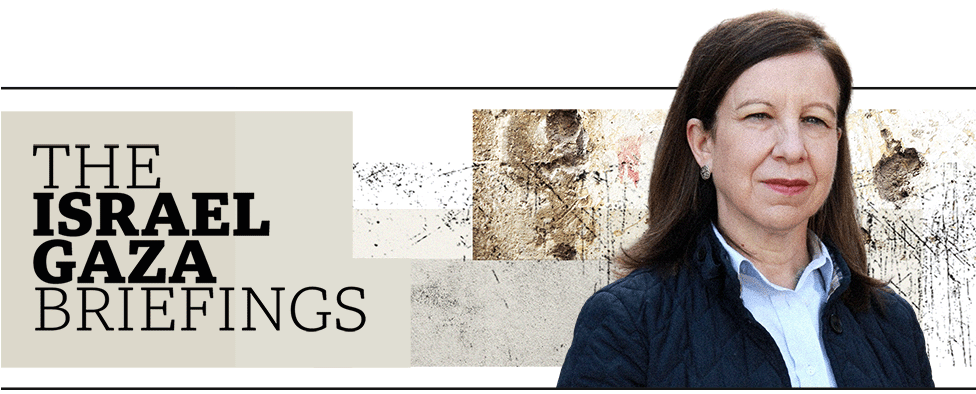-

-
-
Loading

Loading

In the Middle East, tensions have escalated as Iran unexpectedly attacked targets in Pakistan, leading to a tit-for-tat response between the two countries. Iran wanted to send a clear message, both domestically and internationally, showcasing its missile arsenal and willingness to use it. The attack was likely intended as a message to Israel and the US, particularly with the potential escalation of conflicts in Lebanon and Yemen. However, most experts believe that Iran is not currently seeking to escalate the situation further. The ongoing conflict in the region has been characterized by shadow wars, with Iran at the center of an alliance of Tehran-backed groups across the Middle East. These groups, such as Hamas, Hezbollah, and the Houthis, have been designated as terrorist entities by Western states, but they have also been armed and trained by Iran. Efforts have been made to contain the conflicts in order to prevent Israeli and American reprisals. Iran's recent direct strikes targeted Pakistan and two other friendly countries, which were seen as areas of least resistance beyond Iran's usual battleground. The attacks in Iraq and Syria were a response to a previous assassination of one of Iran's senior military officials by Israel. Additionally, Iran has faced pressure to react to the killing of senior Hamas and Hezbollah members in Lebanon. However, Iran does not want to engage in direct conflict with Israel or the US, so it has chosen alternative targets. The recent operations have faced blowback from Iraq, the Arab League, and Pakistan, creating further distrust and tensions in the region. The conflicts in the Middle East are complex, with engagement from various actors and long-standing rivalries. The ongoing Israel-Gaza war has only heightened the unpredictability and danger in the region. Iran has succeeded in building a strong military capability that makes it difficult for other countries to check or defeat. While there have been some costs to the recent escalation, Iran's allies believe that they are winning more than they are losing. The conflict has also boosted their popularity in the Arab world. Iran is playing a longer and broader game, anticipating increased provocation from Israel after the Gaza conflict and preparing for a longer fight. Its goals include keeping the US out of its region and avoiding direct confrontation with Israel and the US. Overall, the situation in the Middle East remains highly volatile and dangerous.